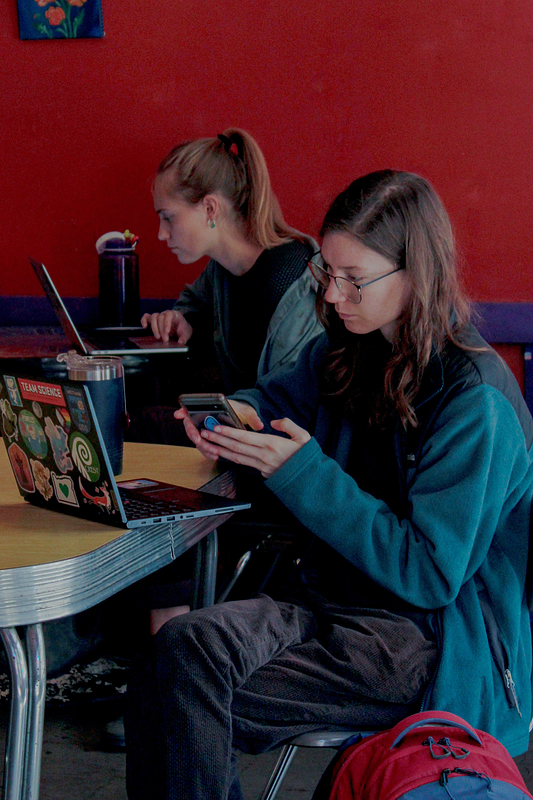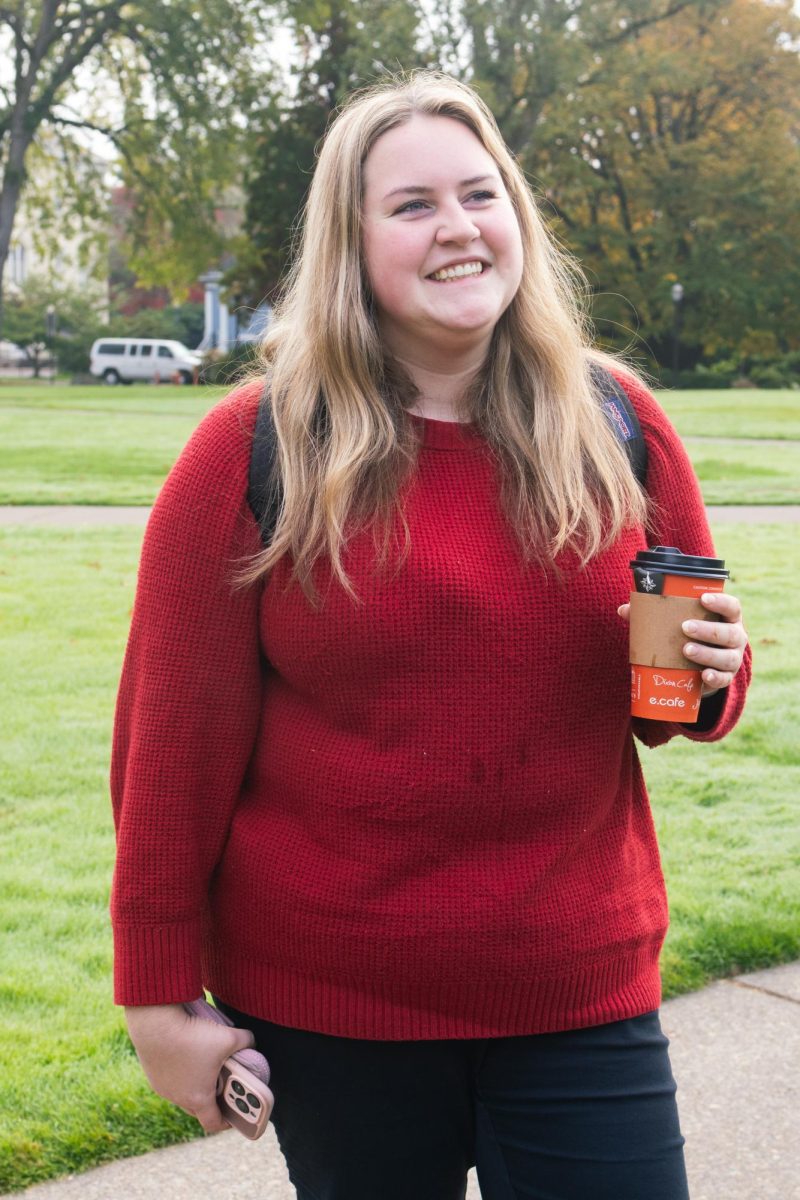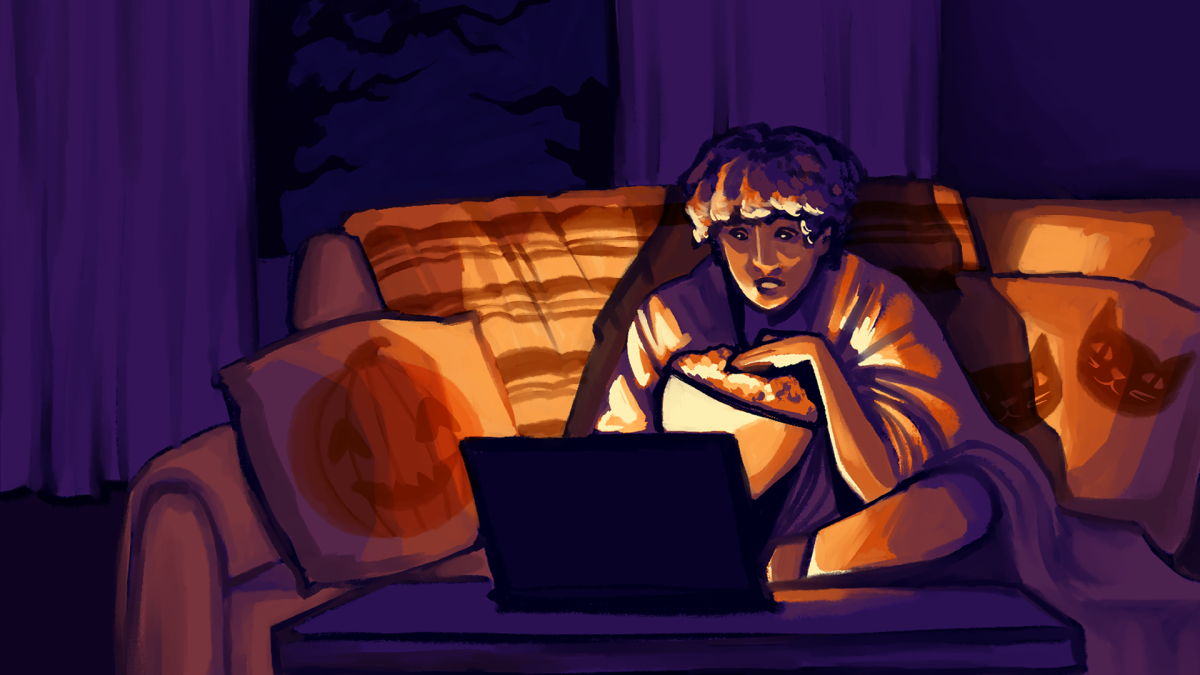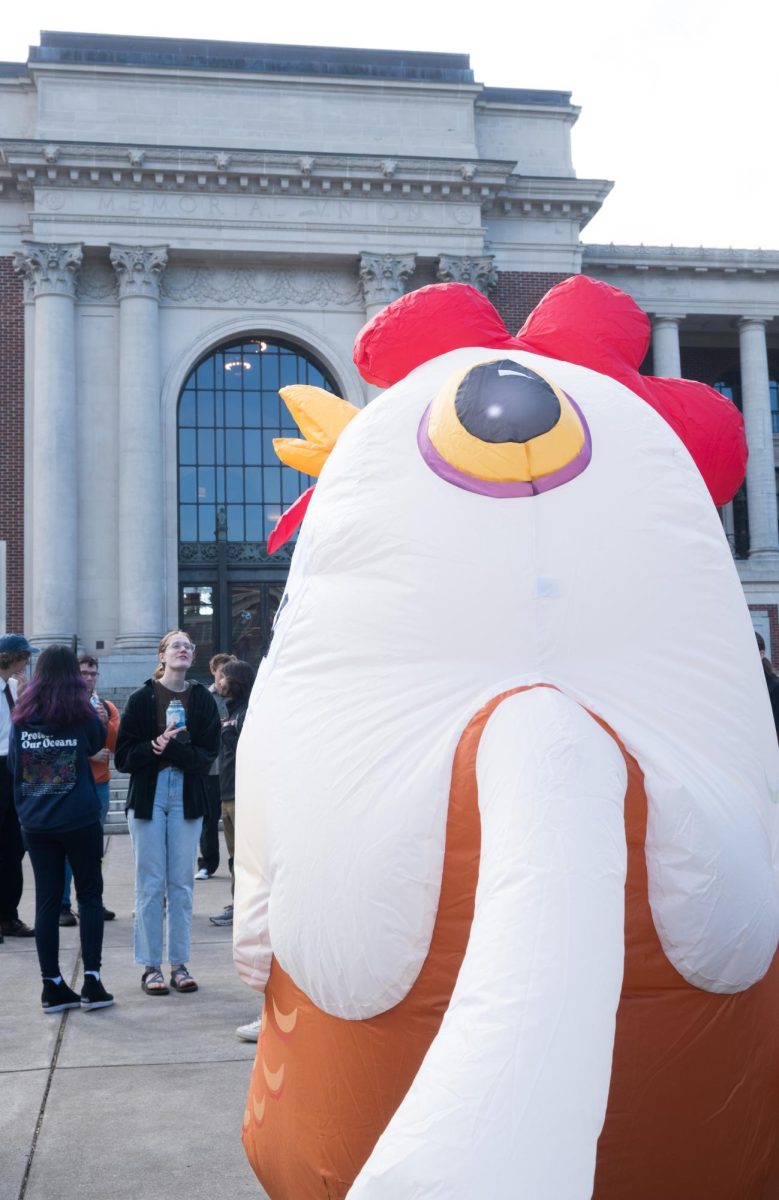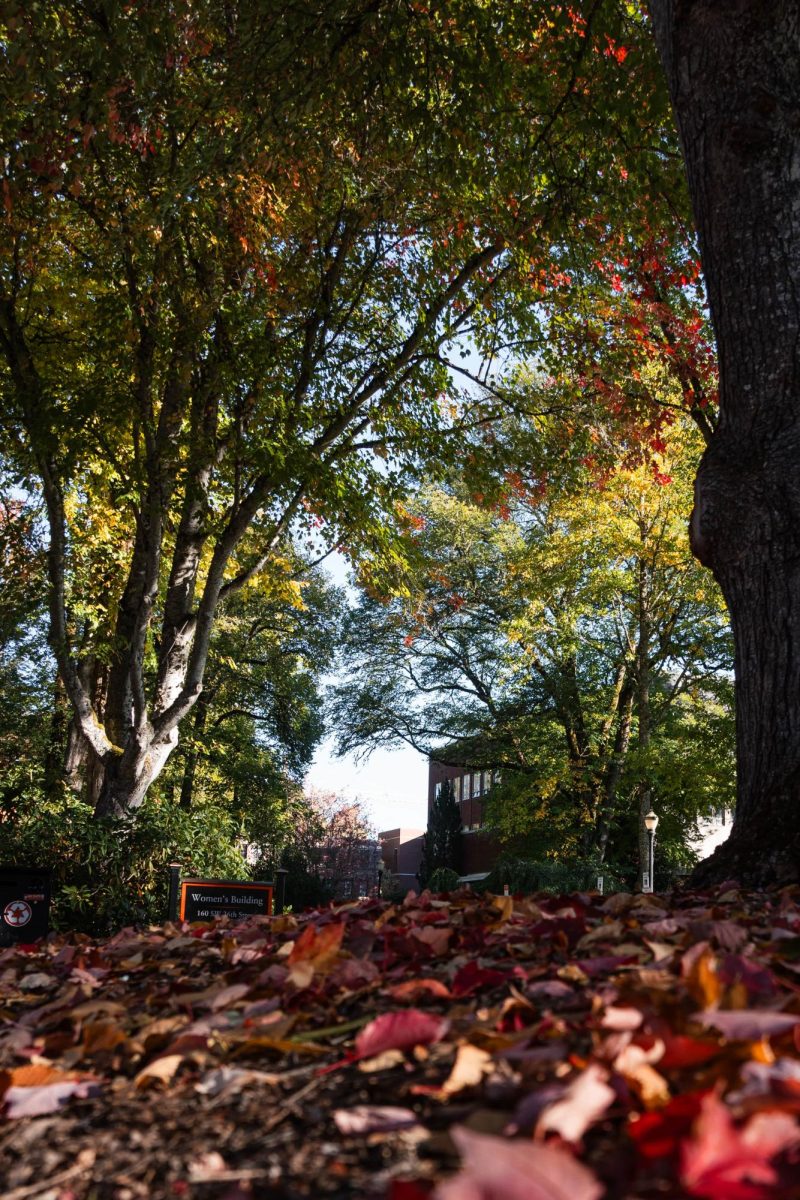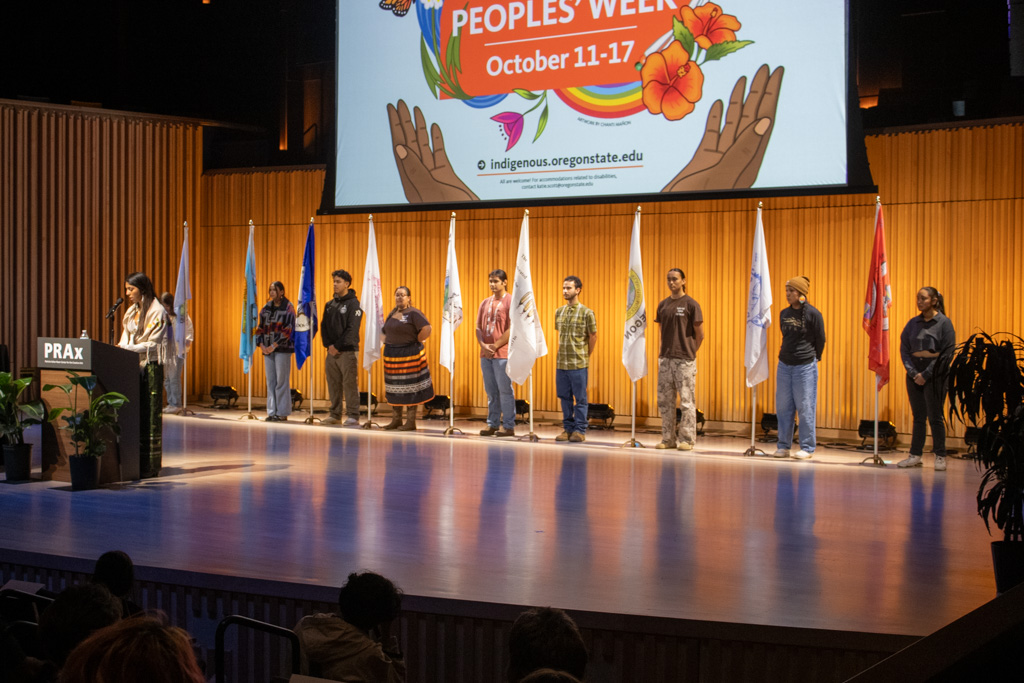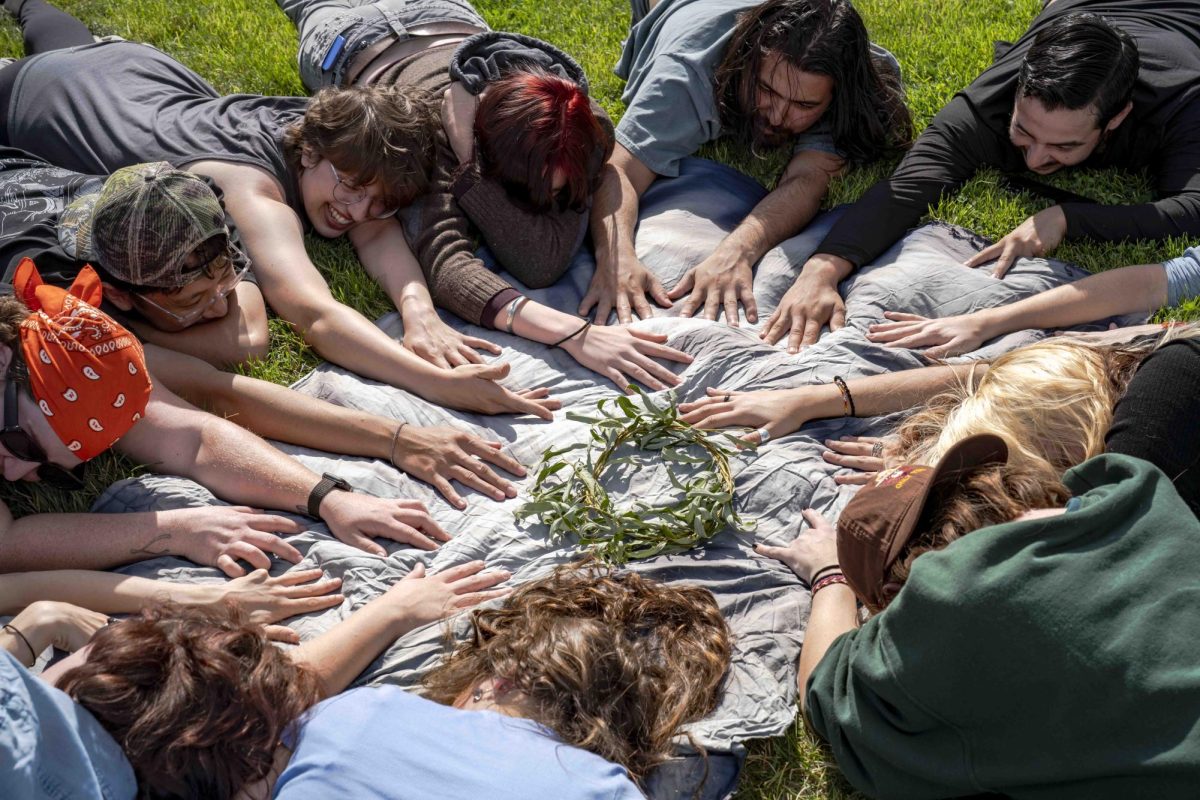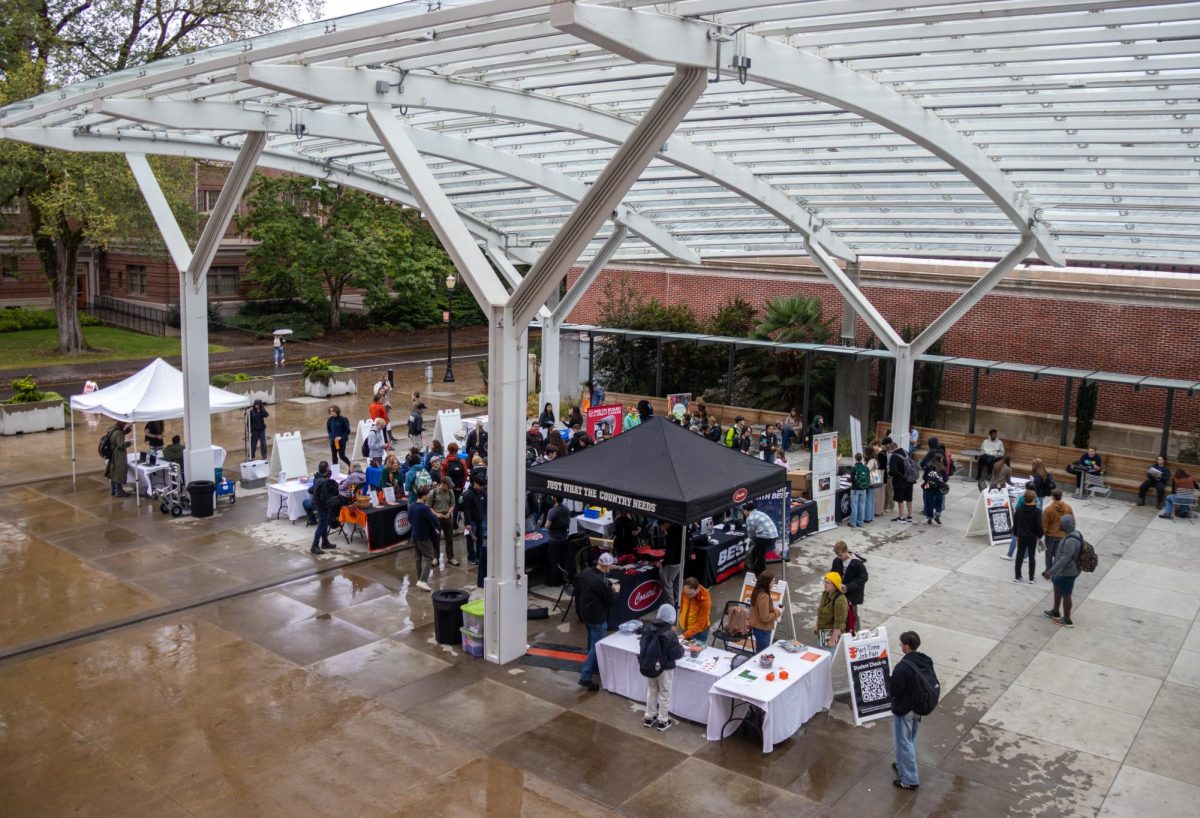Cleavon Smith, a theatre and writing instructor at Oregon State University, has been actively playwriting since 2020. Smith’s first play, “Two Friends, and a Sense of Urgency,” hit the stage that same year at the San Francisco Playhouse.
Since then, Smith has published and produced eight more plays. Smith explores themes of identity, particularly racial identity, which he brings to the center of his work.
Smith, who grew up in Mississippi, saw his first real play when he was in college and shared that they didn’t have many opportunities to engage with professional theatre where he grew up.
It wasn’t until Smith was in college and interacting with friends that were involved in the world of acting that it occurred to him to channel his stories into the medium of playwriting. This later introduction to playwriting encouraged him to attempt to introduce a younger audience to the world of theater.
This motivated Smith to create his upcoming untitled project to introduce theatre to a younger audience.
“(I’m) trying to get more young people into theater. Especially if it’s something related to their school curriculum,” Smith said, “it’s fostering this opportunity for students to engage with school topics in different ways, and … building an audience of future theater-goers.”
Smith’s upcoming project is set in Corvallis and explores the identities of Native and Black Americans living in Oregon.
“The way I envisioned writing (this new play), completing it, respects all people in Oregon,” Smith said. “I don’t think telling Oregon Black history is something that is done as an offense to others. I want to integrate the story of this intersection of Native and Black Americans in Oregon.”
For this upcoming project, Smith has applied to several grants and shared some tips for students who are curious about grant writing.
“I really want to bring, to these kids (in the Corvallis area), professional theater. I think it shows a level of respect. … I want it, as much as possible, to be at a performance level and a production level that respects the kids,” Smith said.
Smith is currently engaged in the lengthy process of searching, applying and understanding the nuances of grant application for his creative enterprises. Smith compares it to a process that is familiar to many college students — scholarship applications.
“I know what my client needs, what they want, how I can partner with them, and I pitch that to them. Sometimes they don’t know how to partner with me, so my application is telling them, ‘Here’s how you can partner with me,’” Smith said.
Grant applications and scholarships alike aid niche fields of interest that require particular people to fill the required roles. Smiths said that applicants should be aware of the purpose of the grants, and how their personal goals can fulfill the needs of the organizations providing the aid.
“If they say yes, you have to be comfortable going with what you’ve spun,” Smith said.
In regards to Smith’s current project, the playwright is asking the same question many first time grant applicants are asking alongside him: How do I add value to this organization or community? How does this story add value?
Although details of the play are still in discussion, the story centers largely around a young child struggling with identifying as a person of color in Oregon, and because of that struggle, their parent shares aspects of Black Oregonian history.
“There is a story here that I find fascinating. I personally want to grapple with some of the issues in it … I have grappled with it prior,” Smith said.
Personal and cultural identity appear in all of the plays that Smith has worked on thus far, and he hopes that this new project will be beneficial both to those actively partaking in the world of theater, and those that are new to it.
“I hope it gives theater majors and minors a greater appreciation of theater for young audiences which I think is rich, dynamic, engaging and fun,” Smith said in an email. “For the Corvallis/Oregon community at large, my aim is for this project to increase young people’s awareness of the rich BIPOC history in Oregon.”
Smith hopes that this project is the start of something bigger, starting with the release of it here in the Corvallis area, and eventually taking it on a tour around the state. With the integration of cultural identities at the center of this piece, Smith hopes to share it with people who can learn from it.
“Joy is at the heart of every one of my projects, but in this instance that joy is a belief in the power of theater to inspire the self-love and openness to others that we all need to feel and extend a sense of belonging,” Smith said.


